As the golden hue of the sunset dances on the surface of a serene lake, you kick back at your secluded campsite, nestled in the heart of a forest. The flicker of a campfire illuminates the surrounding nature, while the comforting sound of wildlife becomes the perfect backdrop for your escapade. This is not just a camping trip; it’s a Hipcamp experience.
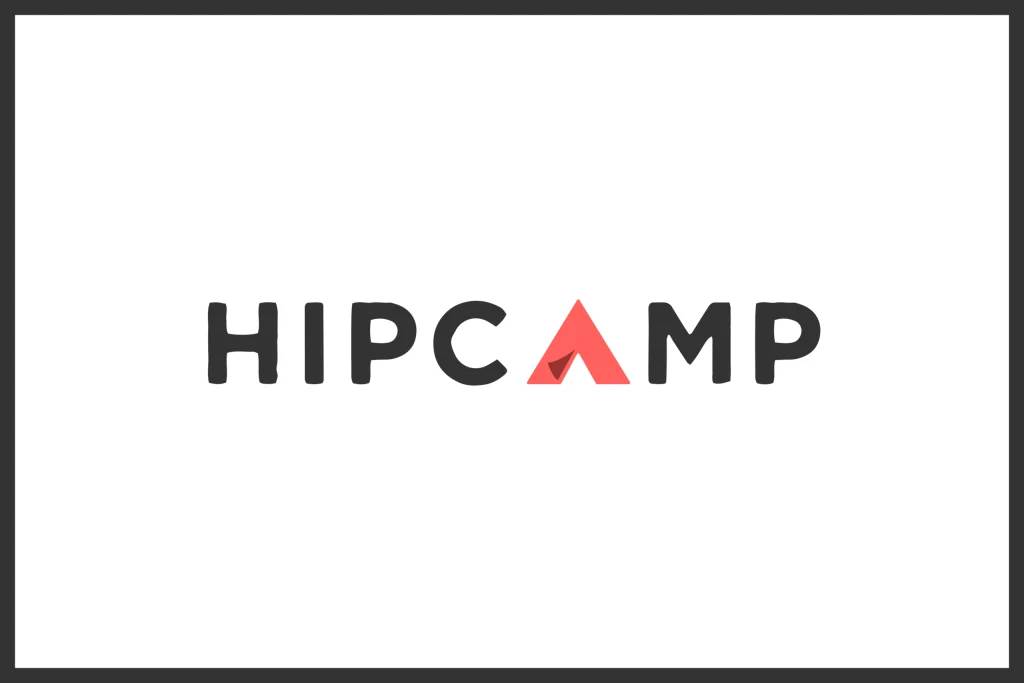
Often referred to as the “Airbnb of camping”, Hipcamp has been revolutionizing the way we connect with the great outdoors. But is Hipcamp owned by Airbnb? The answer is no. Despite the common analogy drawn between the two, Hipcamp operates independently from Airbnb. Founded by Alyssa Ravasio in 2013, Hipcamp’s mission is to facilitate the symbiosis between people wanting to explore the outdoors and landowners looking to share and monetize their spaces.
So, how does Hipcamp work? Just as Airbnb does for urban dwellers, Hipcamp serves as an online marketplace for camping and outdoor stays. The platform connects landowners or “hosts”, who have private lands suitable for camping, with “campers”, who are seeking unique and off-the-beaten-path outdoor experiences. It provides an extensive range of options, from traditional tent spots to more unconventional accommodations like yurts, treehouses, and cabins. Campers can easily search, review, and book their desired camping experience based on location, available amenities, and price.
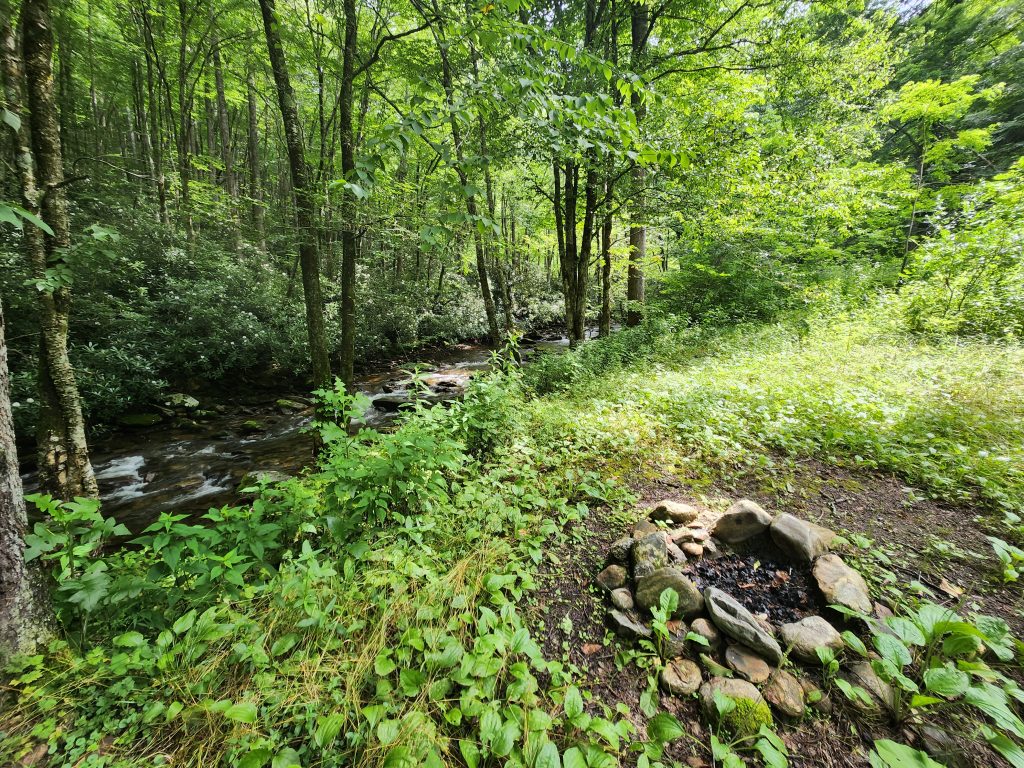
To the question, “Is Hipcamp a good idea?” the consensus from both campers and hosts is a resounding yes. For campers, Hipcamp opens a gateway to unique camping experiences and uncharted terrains, which typically remain inaccessible through traditional camping routes. For landowners, it provides an opportunity to monetize their land, promote conservation, and connect with nature enthusiasts from around the world.
Safety is a paramount concern when venturing into unfamiliar landscapes. Thus, it is fair to ask, “Is Hipcamp safe to use?” The platform places a significant emphasis on the safety of both its campers and hosts. Each booking is covered by a $1 million liability insurance policy, which protects hosts in the unlikely event of a camper getting injured on their land. Hosts are also required to provide detailed information about potential hazards on their property. Meanwhile, campers are encouraged to review their experiences, contributing to a self-regulating community of outdoor enthusiasts.
The rustling leaves under the moonlit sky and the undisturbed tranquility at dawn – Hipcamp offers these experiences without compromising safety or convenience. In doing so, it has effectively bridged the gap between nature and technology, giving people a newfound opportunity to reconnect with the wilderness around them.
In an era where technology often builds barriers rather than bridges, Hipcamp serves as a delightful anomaly – a beacon guiding us back to nature while simultaneously employing the very tools that often keep us away. As we all grapple with our fast-paced, tech-saturated lives, it’s platforms like Hipcamp that help us rediscover our innate connection with the wild, the primal, and the peaceful.
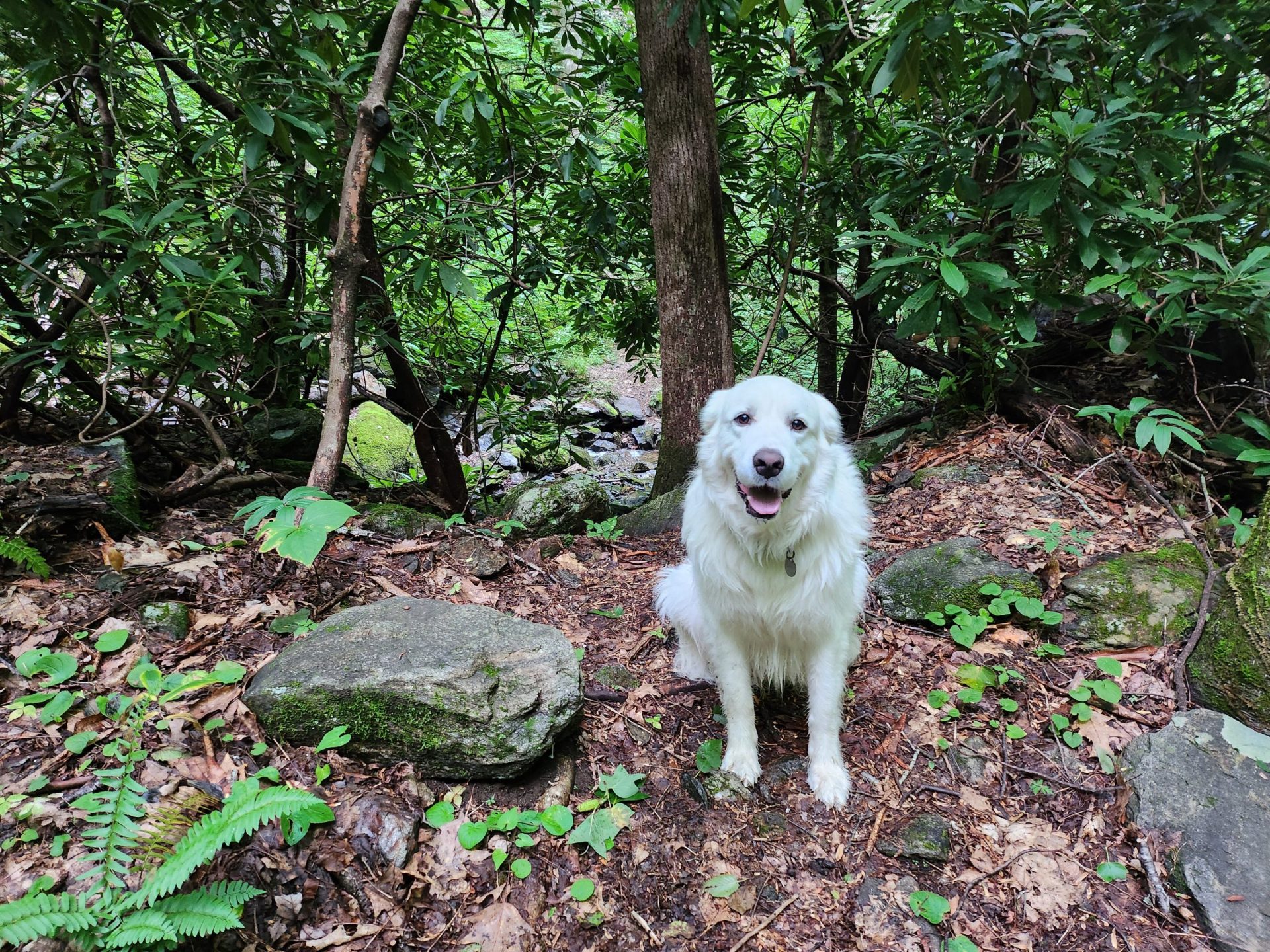
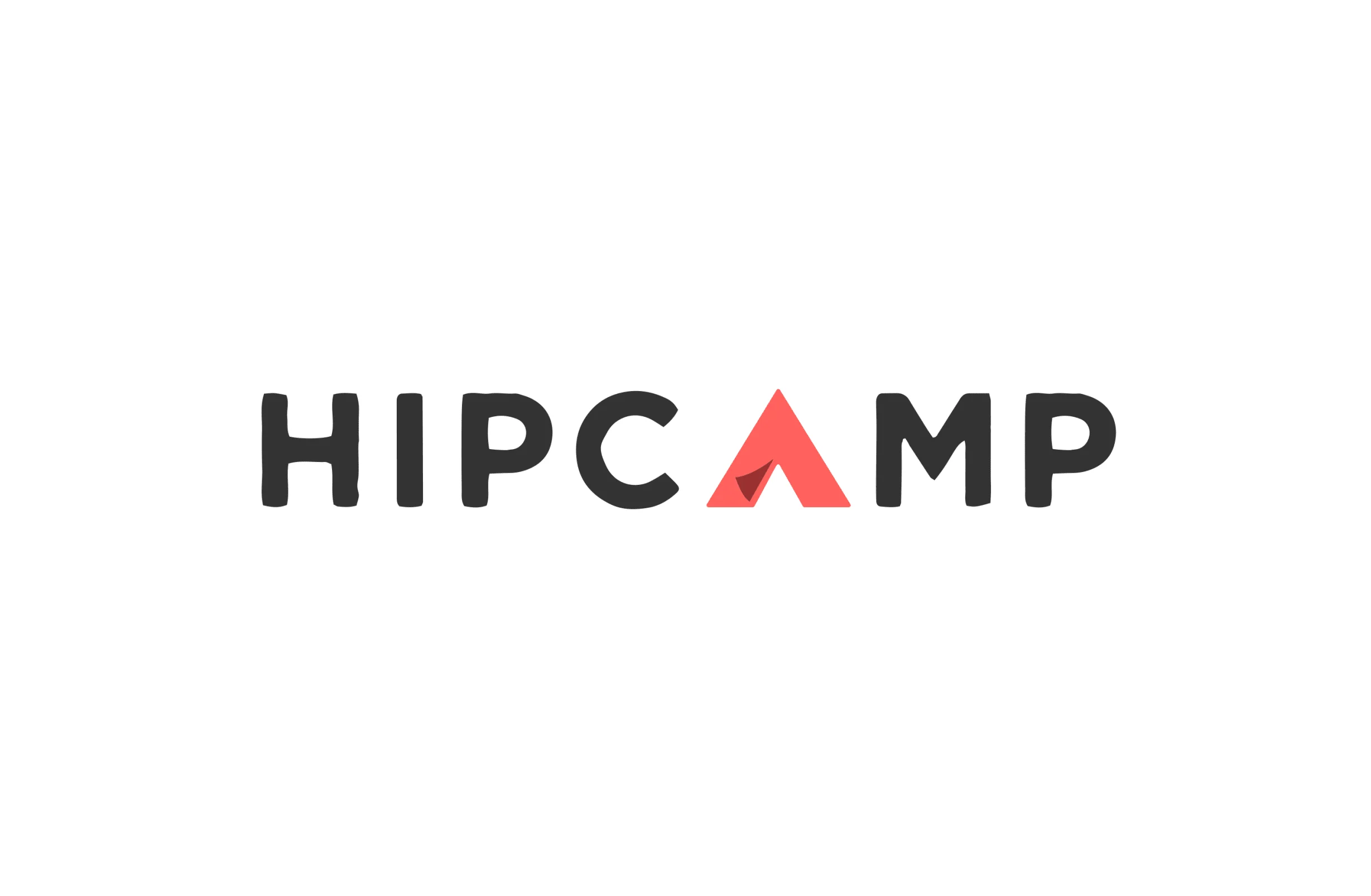

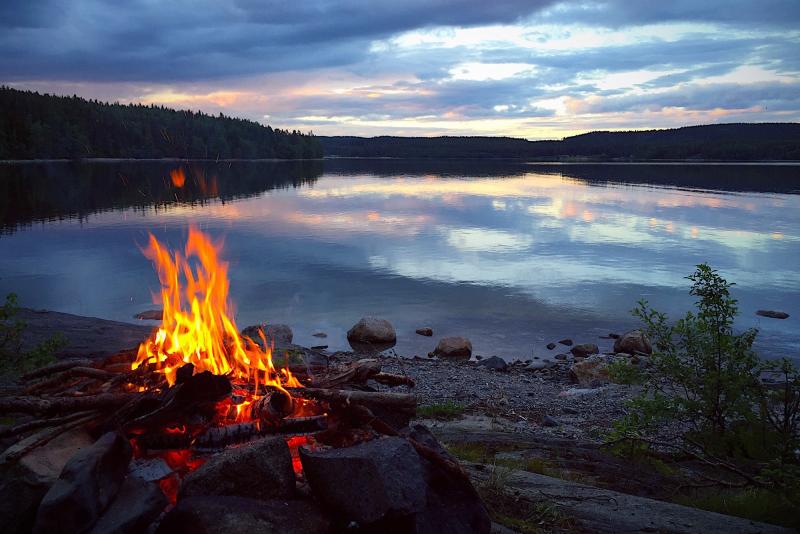
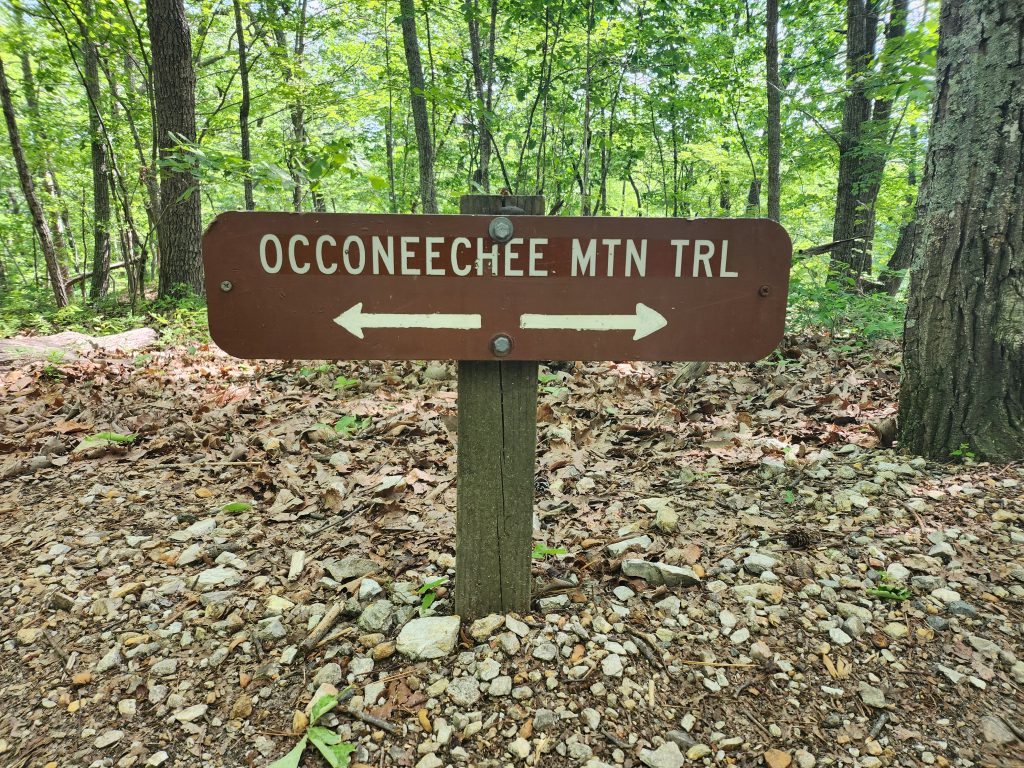
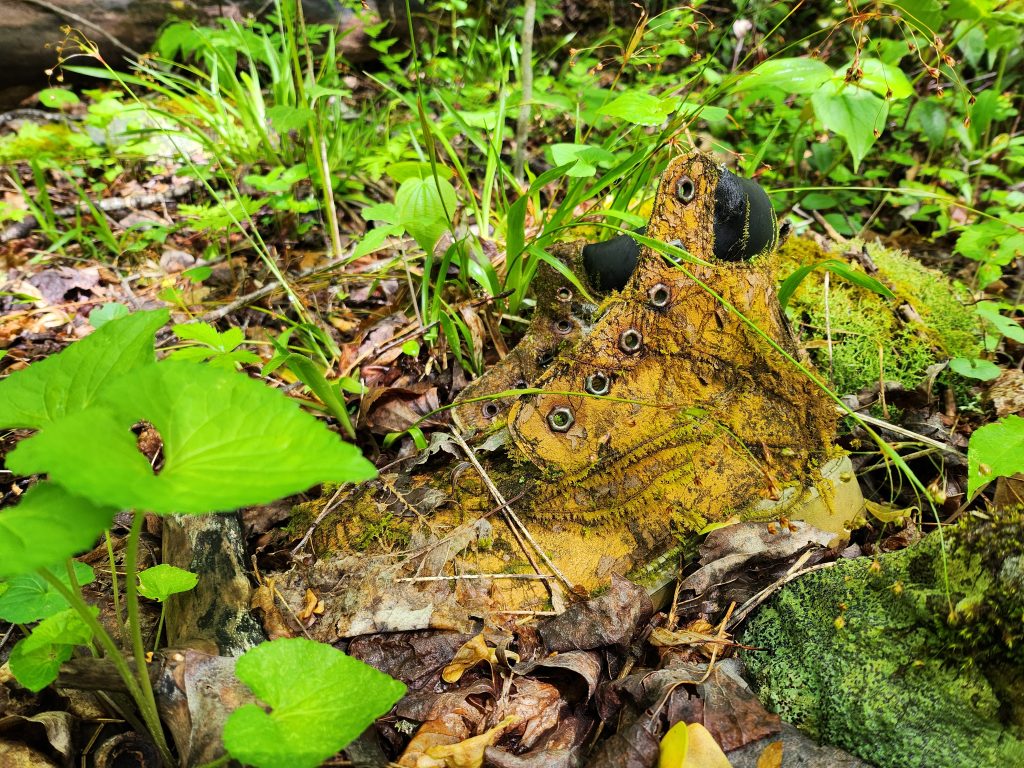
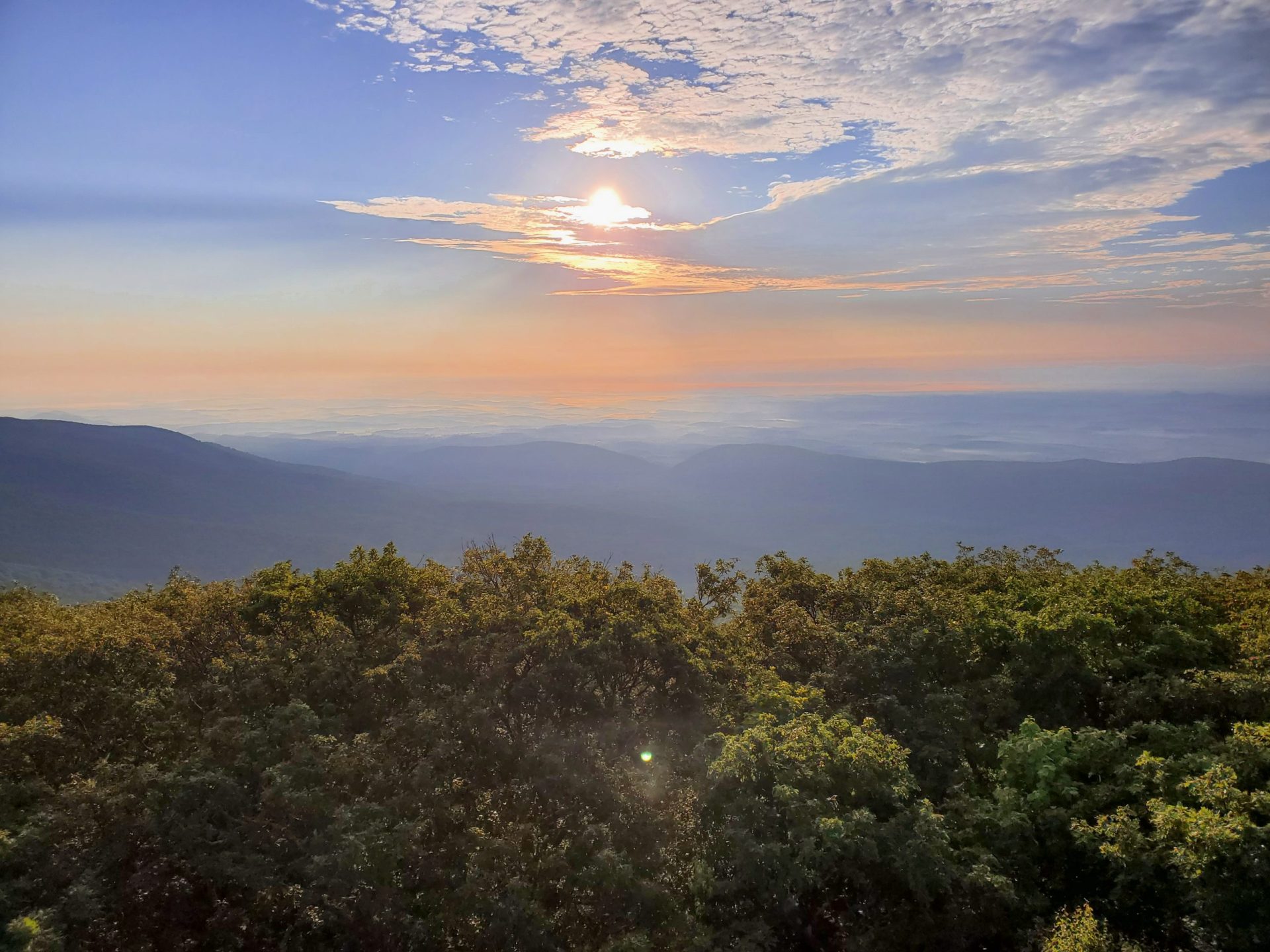
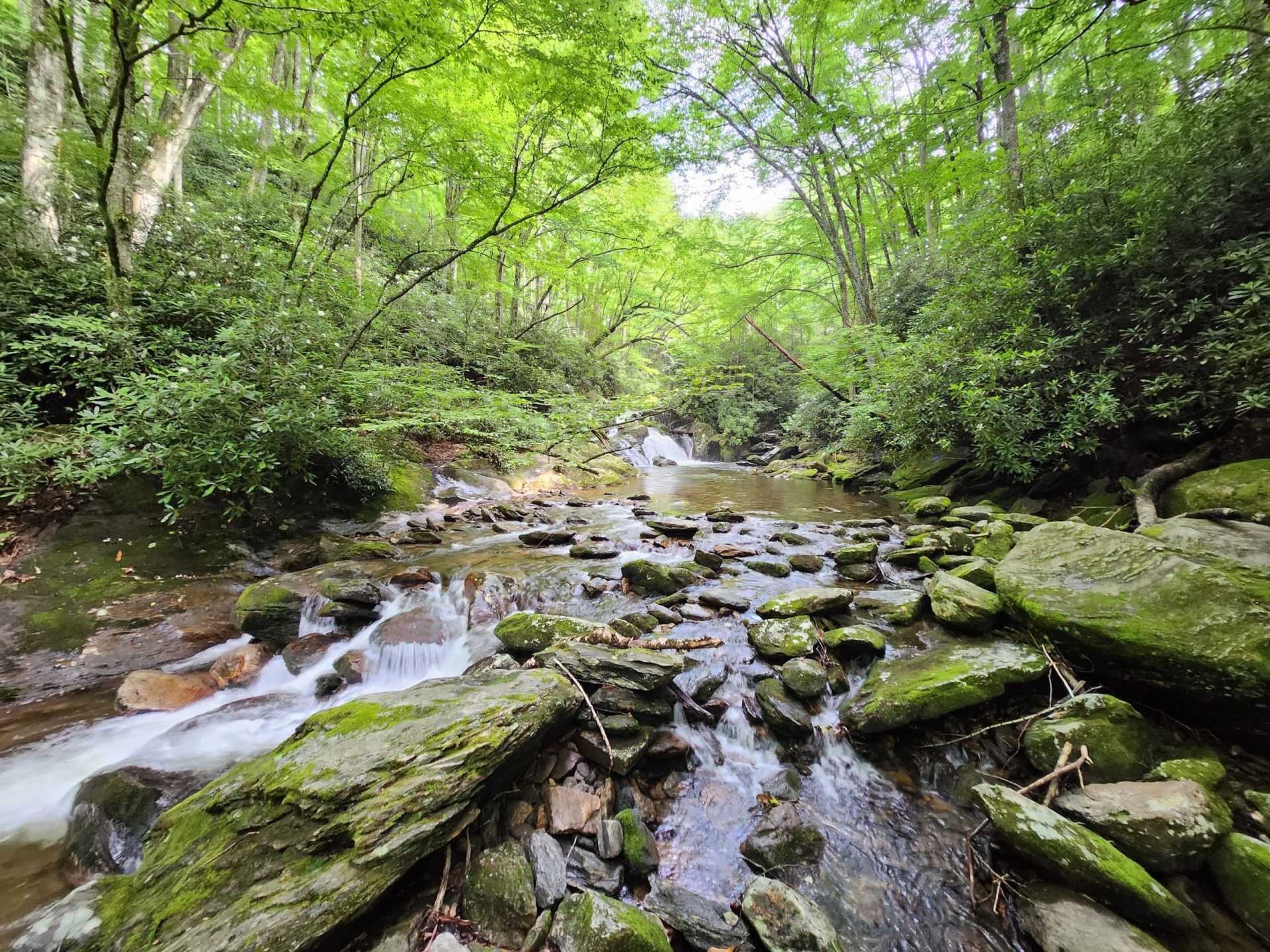
Leave a Reply